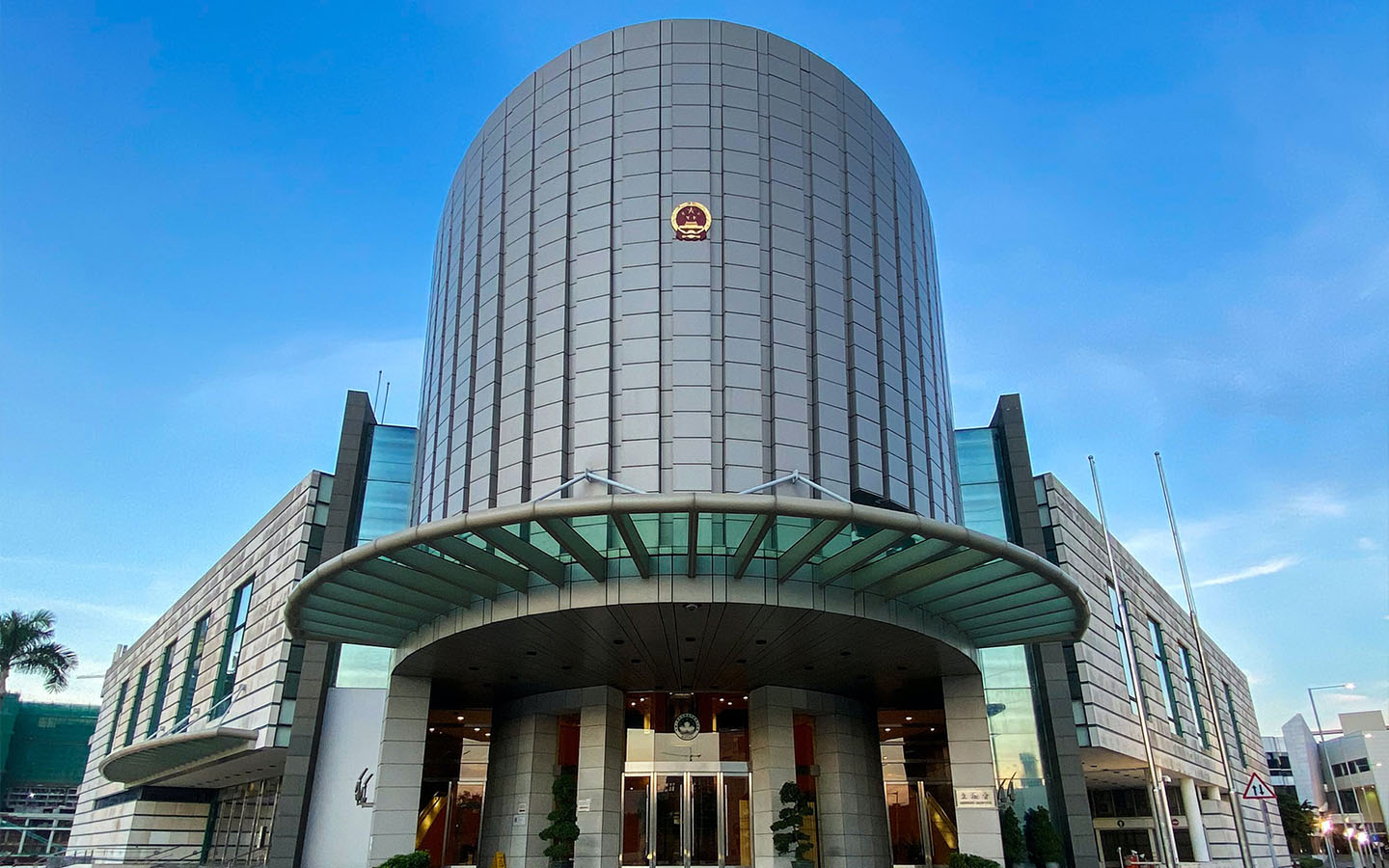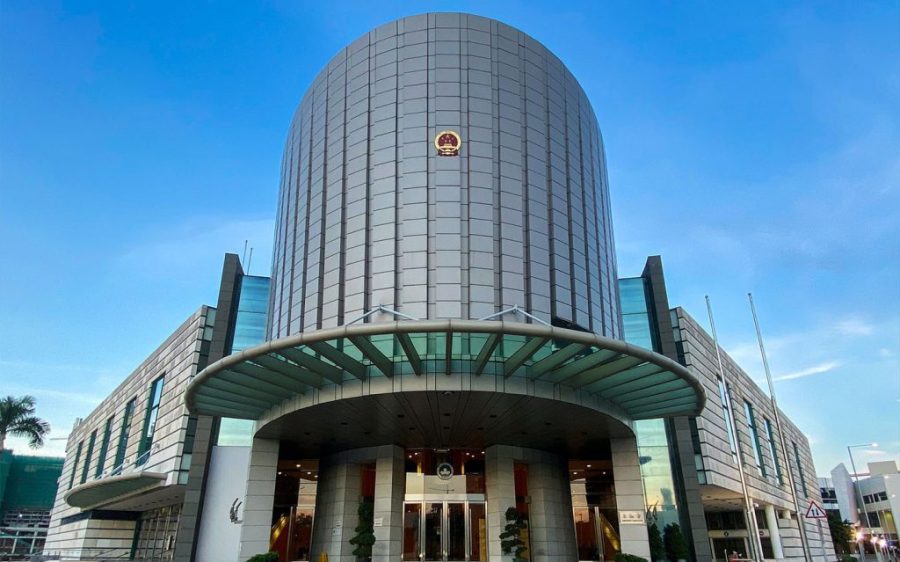Macao’s Legislative Assembly passed an amendment to the minimum wage law yesterday, increasing the basic pay rate by 2.9 percent.
According to multiple local news media outlets, the changes will come into effect on 1 January 2026, and will see the minimum hourly rate rise from 34 patacas (US$4.25) to 35 patacas (US$4.37).
As well, the day wage will increase from 272 patacas (US$33.99) to 280 patacas (US$34.99), while the monthly figure will increase from 7,072 patacas (US$883.62) to 7,280 patacas (US$909.61).
The revisions are expected to benefit around 18,200 workers or roughly 4.4 percent of the local labour force, excluding domestic workers. Employees from the property management and cleaning service sectors are expected to be the main beneficiaries of the current updates.
Despite the wage hike, some legislators were critical of Macao’s current methodology for determining pay rate increases, with lawmaker Che Sai Wang calling for “transparency and clarity,” as “there is [currently] no scientific formula or disclosure of how the sides reached the final figure in Macao.”
[See more: Macao’s economic landscape: steady employment, rising prices, and shifting trade]
This is in contrast to neighbouring Hong Kong, where the minimum pay rate was determined by a publicly disclosed formula. Similarly, Taiwan’s basic pay rate was recently increased after consultation with stakeholders such as employers, employees and professionals.
Che also highlighted the fact that Macao’s wage rises remained “low” relative to other neighbouring areas such as Hong Kong, where the basic hourly pay rate grew by 5.25 percent in May, from HK$40 (US$5.15) to HK$42.1 (US$5.42). Meanwhile, Taiwan’s minimum wage has been growing at a yearly rate of 4.6 percent over the past decade, from NTD120 (US$3.88) to NTD196 (US$6.33).
In response, the secretary for economy and finance, Tai Kin Ip, stated that the current revision was based on a review spanning 2022 to 2024. Tai argued that the current wage changes had to take into consideration Macao’s economic conditions, as well as the capacity of businesses and residents.
“Macao is a microeconomy, and external fluctuations have a stronger ripple effect here,” Tai explained.
Earlier proposals for the minimum wage amendment suggested increasing the hourly rate to as high as 37 patacas (US$4.62). Although union representatives were supportive of this proposal, employers opposed it, as they believed it would further intensify the struggles of local small and medium-sized enterprises (SMEs), which have been dealing with issues such as competition from mainland China and high rental prices.






